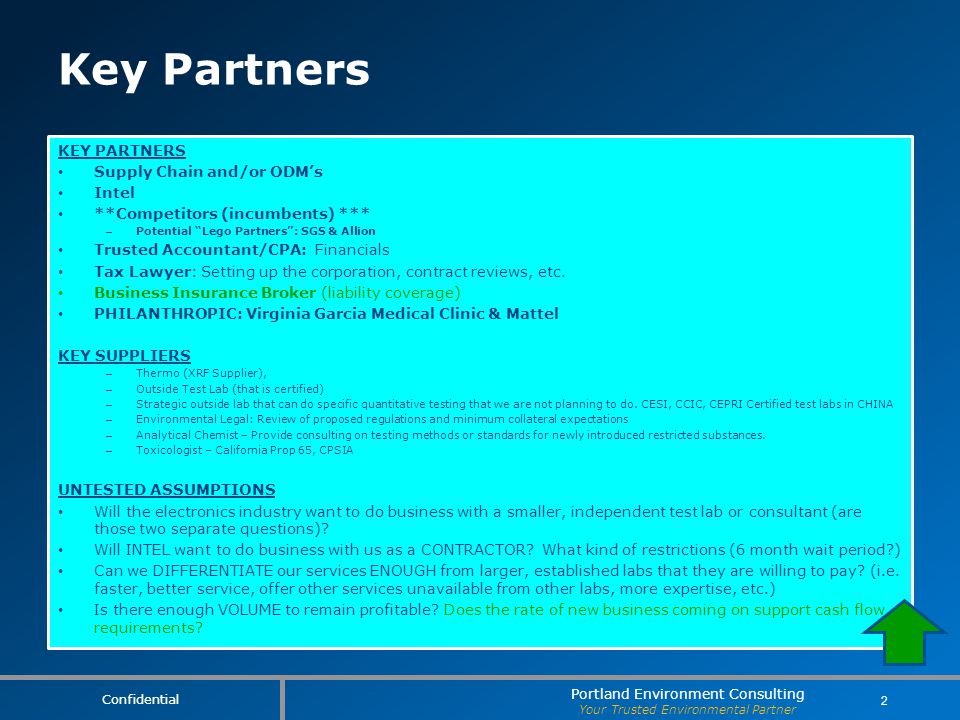
If you are wondering how to move financial advisors, this is the place for you. There are some things that you need to remember, no matter if you want to move firms. Be positive and supportive of your financial advisor. You may need his help in the future. Second, make sure you get his transaction history. This will help your new financial advisor get up to speed.
Transferring non-transferable assets
Transferring non-transferable assets when you change financial advisors is an option available to some clients. It can minimize tax consequences. The non-transferable assets can't be sold off by previous advisors, unlike transferable security. Your advisor can decide what to sell, and when. This allows you to adjust your profits or losses as you wish.
You will need to review any contracts you have with previous advisors before you begin the process of switching financial advisers. Make sure you read your contract carefully to see whether there are any terms that restrict you from moving your assets to your new advisor. Some contracts require you pay termination fees or give notice.

Avoiding unpleasant surprises
You should ensure you select the right financial advisor for your circumstances if it is time to change. You are a responsible investor and your advisor should help you achieve your financial goals. While it can be difficult to make the right decision, there are some tips to help you avoid any unpleasant surprises. The first step is to find out how much your advisor values their work and how you can hold them to a high standard.
Read the contract carefully before you decide to change financial advisors. Ask about any fees. Ask about fees, as well as the minimum holding period required for non-transferable property. Ask about any fees that will be charged, such as redemption fees, and whether your old advisor will be charging a fee for the transfer. Although it may seem uncomfortable to change financial advisers, this is better than working in an advisor that's not right.
Costs for switching financial advisors
Although switching to financial advisors may save you money, there is a cost. This includes the time and effort required to transition client accounts and build new client relationships. Although this cost is hard to quantify it generally equals to about 5 per cent of your annual productivity. You will spend approximately $50,000 on opportunity costs if your company is worth a million dollars.
It is not an easy task to move your financial accounts. Not only do you need to find a new advisor, but you also need to discuss your needs and preferences with them. It's best if your new advisor knows enough about you to make appropriate recommendations. It is important to identify your most important financial goals and communicate them clearly. Once you've identified your new financial advisor, evaluate the costs involved in transferring your account(s). Ask your advisor about fees if you are transferring your account. It is important to read your agreements. Sometimes, you can even sign agreements electronically with your new advisor.

Finding a "forever match"
There are several steps that you should take when switching financial advisors. Many financial advisors build long-lasting relationships with clients. Maybe they helped you get started in personal finance, set you up retirement accounts, or signed your up for life insurance. These relationships can be valuable for your financial wellbeing in any situation.
Review your financial records and discuss them with your new advisor. It is important to review your existing financial records with your advisor. As some advisors may not be legally allowed to hold certain types or assets, it is also important that they have a license. Before you transfer assets, ensure that your financial advisor has a copy all transaction history.
FAQ
What are the benefits to being a consultant?
Consultants often have the option to choose when and what they do.
This allows you the freedom to work wherever you like, whenever you want.
This allows you to easily change your mind and not worry about losing your money.
Finally, your income can be controlled and you can set your own hours.
Which industries use consultants?
There are many types. Many consultants specialize in a particular type of business. Others may be more focused on multiple types.
While some consultants only work for private companies, others represent large corporations.
Some consultants also work internationally and can help companies around the globe.
What jobs are available as consultants?
Consulting requires an in-depth understanding of operations and business strategy. Understanding how businesses work and their place in society is also essential.
You must have excellent communication skills as well as the ability to think critically in order to be a consultant.
Consultants should be flexible because they may be asked for different tasks at various times. They should be able change direction quickly, if required.
They should be able to travel extensively for clients. This type of work can take you all around the globe.
They should also be able manage stress and pressure. Consultants might sometimes have to meet tight deadlines.
Consultants are often expected to work long hours. You may not get overtime pay.
Do I have to pay tax on consulting income
Yes. Taxes will be charged on consulting profits. The amount depends on how much you earn per year.
You can also claim expenses if you are self-employed. This includes rent, childcare, food, and transportation.
However, you can't deduct interest payments for loans, vehicle depreciation or the cost to purchase equipment.
You can only claim back 25% of your expenses if you earn less than PS10,000 a year.
Even if you earn more than the threshold, you could still be taxed depending upon whether you are classified as a contractor and/or employee.
Pay as you Earn (PAYE) is the most common method of taxing employees. Contractors pay VAT.
What qualifications does a consultant need?
It's not enough just to have an MBA degree; you must also demonstrate experience working as a business consultant. You must have at least two years' experience working in consulting and/or training within a large company.
You should have had experience working with senior management to create strategy. You will need to feel comfortable communicating ideas to clients and getting their support.
A professional qualification exam, such as the Certified Management Consultant (CMC), of the Chartered Management Institute (CMI), is also required.
How do I become a successful consultant?
The first step is to find an area you are passionate about. First, build relationships. It is important to understand the needs of clients and their business. Finally, you must deliver results.
While you don't need to be the best at all things, it is important to be better than others. It is important to be passionate about what you do. It doesn't suffice to say, "I will be a consultant." You must believe in yourself.
Statistics
- "From there, I told them my rates were going up 25%, this is the new hourly rate, and every single one of them said 'done, fine.' (nerdwallet.com)
- My 10 years of experience and 6-step program have helped over 20 clients boost their sales by an average of 33% in 6 months. (consultingsuccess.com)
- According to IBISWorld, revenues in the consulting industry will exceed $261 billion in 2020. (nerdwallet.com)
- Over 62% of consultants were dissatisfied with their former jobs before starting their consulting business. (consultingsuccess.com)
- According to statistics from the ONS, the UK has around 300,000 consultants, of which around 63,000 professionals work as management consultants. (consultancy.uk)
External Links
How To
What is a typical day for a consultant?
A typical day will vary depending on the type of work you are undertaking. But generally speaking, you will spend time researching and planning new ideas, meeting clients, and preparing reports.
You'll often have meetings with clients where you can discuss issues and solve problems. These meetings can be held over the telephone, online or face-to face.
Sometimes, you may be asked to create proposals. These are documents that outline your ideas and plans for clients. You'll need to discuss your proposals with a mentor, colleague, or friend before you present them.
After all the planning and preparation you will have to put your efforts into creating some content. For example, you could be writing articles, designing websites, creating videos, editing photos, or conducting interviews.
It depends on the project's scope, you might need to do some research to collect relevant statistics. This could include finding out how many customers your company has and whether they purchase more than one product.
Once you have collected enough information, it's now time to present the findings to your clients. You may give your findings orally or in written form.
After the initial consultation, it is important to follow up with clients. You might contact them regularly to check on their progress or send them emails to confirm they have received your proposal.
Although this process can take time, it is important to stay focused and build good relationships with your clients.